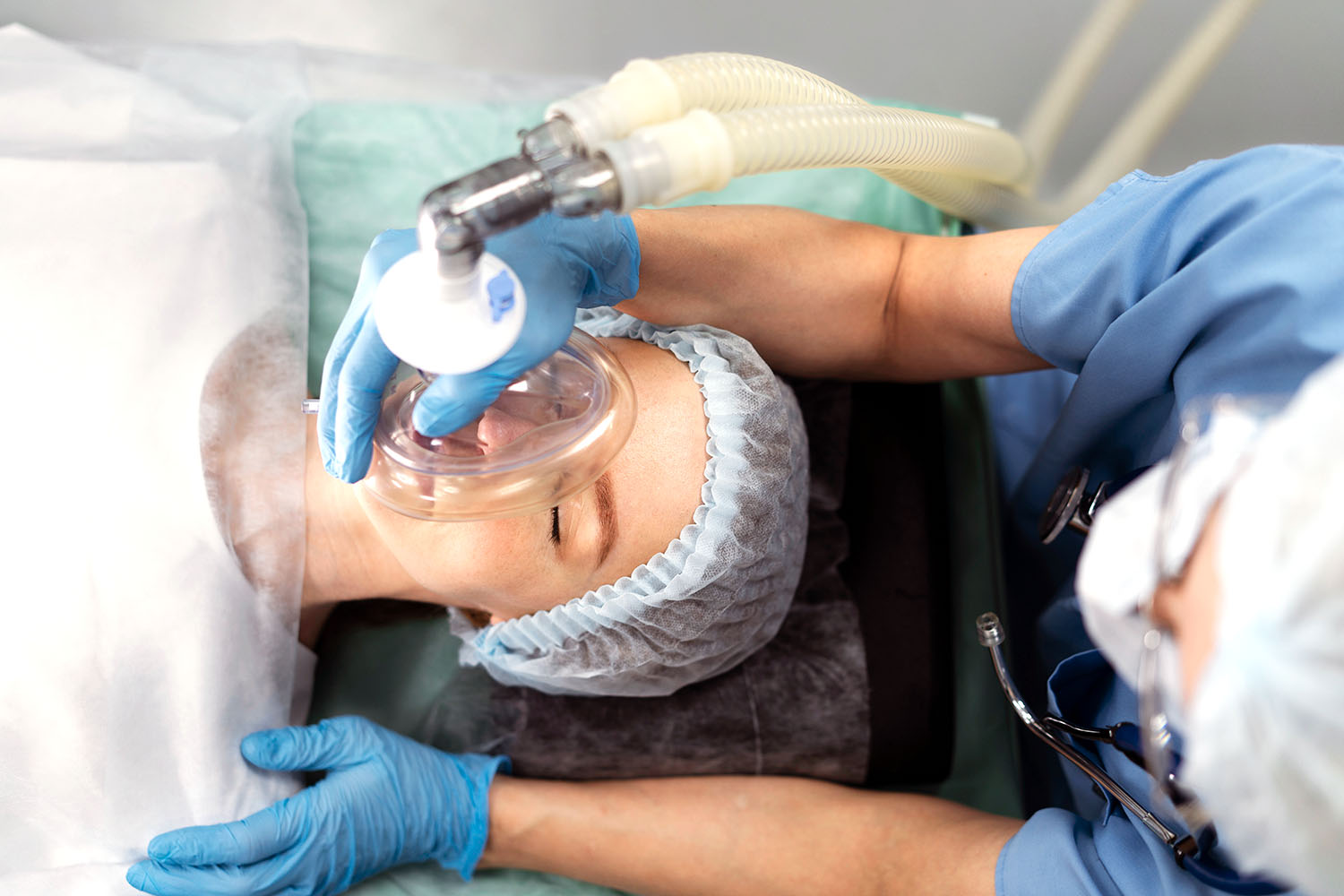
Anesthesiologist Assistant
Overview
 An anesthesiologist assistant is a highly trained health care professional who works alongside anesthesiologists to provide anesthesia care before, during and after surgical procedures. AAs are skilled in administering anesthesia, monitoring patients’ vital signs and managing anesthesia-related complications under the supervision of a licensed anesthesiologist. They perform detailed preoperative assessments, help with anesthesia planning, and ensure that patients remain stable and comfortable throughout their procedures.
An anesthesiologist assistant is a highly trained health care professional who works alongside anesthesiologists to provide anesthesia care before, during and after surgical procedures. AAs are skilled in administering anesthesia, monitoring patients’ vital signs and managing anesthesia-related complications under the supervision of a licensed anesthesiologist. They perform detailed preoperative assessments, help with anesthesia planning, and ensure that patients remain stable and comfortable throughout their procedures.
Clemson University prepares students for application to a two-year master’s level anesthesiologist assistant program. Pre-anesthesiologist assistant is not a degree-granting major. Therefore, students must choose a degree-granting major (and minor, if appropriate) if they plan to complete a bachelor’s degree at Clemson prior to attending an anesthesiologist assistant program. The majority of students who are admitted to anesthesiologist assistant programs have undergraduate degrees in biology, chemistry and nursing.
What is Competitive
Admissions criteria vary by institution and should be verified individually. All programs require an application to their program, personal statement, transcripts, GRE or MCAT scores and letters of recommendation from academic or clinical faculty.
For GRE scores, a competitive minimum often falls in the range of 300 to 310, with higher scores making a stronger application. The score requirements can vary depending on the program's selectivity and the overall applicant pool. The MCAT is less commonly required but can be an acceptable substitute or additional requirement for some programs. A competitive MCAT score would generally be in the range of 500 to 510, though this can vary by program and its specific criteria.
It’s important to check the individual requirements of each anesthesiologist assistant program to ensure specific score thresholds are met.
Core Preparation Courses
Requirements vary by institution and should be verified. Students planning to pursue a degree in anesthesiologist assisting should expect to take the following courses:
- Biology: BIOL 1030 and BIOL 1050, and BIOL 1040 and BIOL 1060 or BIOL 1100 and BIOL 1110.
- Human anatomy and physiology: BIOL 2220 and BIOL 2230, or BIOL 3150 and BIOL 3160.
- Calculus: MATH 1060
- Physics: PHYS 1220 and PHYS 1240 and PHYS 2210 and PHYS 2230; or PHYS 2070 and PHYS 2090 and PHYS 2080 and PHYS 2100.
- Chemistry: CH 1010 and CH 1020.
